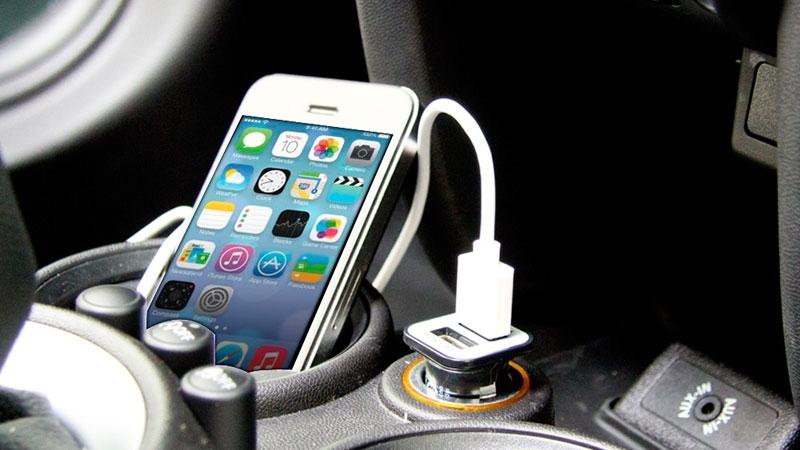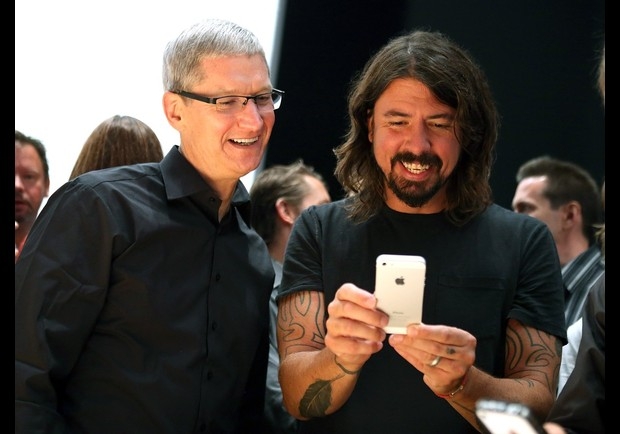Apple has managed Steve Jobs’ legacy so well that people no longer mention the company has failed to deliver the next killer product after the iPod, iPhone and iPad. Unless, of course, you count the Apple Watch, and if you do, you’re alone. The ridiculous sum earned from the middle of the Jobs 2.0 trio of inventions has overwhelmed all talk of the company losing its edge. For now, at least.
Tim Cook et. al. realize that won’t always be the case, so like the rich company it is, Apple is pouring money into major categories which seem poised to play a major role in commerce this century: transportation and AI. Those, of course, are also two sectors that are going to coalesce.
Excerpts follow from reports on Apple’s growing interest in autos and machine learning.
_________________________
From Chris Mims’ WSJ piece, “What to Expect When You’re Expecting an Apple Car“:
Technology is set to radically transform everything from who owns automobiles to how they work, and much of this change is driven by the very mobile devices that are Apple’s bread and butter. If Apple is serious about maintaining its gargantuan size, it needs to participate in this change, even if it’s just at the level of experimenting with how it can integrate its software and hardware into the transportation system of the future. Even if, as Apple has often said about its ventures into television, cars start out as just a “hobby.”
Take self-driving cars. There’s plenty of evidence, from hiring and patents to an open records request by U.K. newspaper the Guardian, that Apple is at least thinking about building them.
Estimates for when self-driving technology will be ready for widespread adoption range from the wildly optimistic—five years, according to the head of self-driving technology at Google Inc.—to decades after, perhaps even somewhere beyond 2040.
That’s an eternity in technology years.•
_________________________
From Julia Love’s Reuters piece about Apple collecting AI talent:
Apple has ramped up its hiring of artificial intelligence experts, recruiting from PhD programs, posting dozens of job listings and greatly increasing the size of its AI staff, a review of hiring sites suggests and numerous sources confirm.
The goal is to challenge Google in an area the Internet search giant has long dominated: smartphone features that give users what they want before they ask.
As part of its push, the company is currently trying to hire at least 86 more employees with expertise in the branch of artificial intelligence known as machine learning, according to a recent analysis of Apple job postings. The company has also stepped up its courtship of machine-learning PhD’s, joining Google, Amazon, Facebook and others in a fierce contest, leading academics say. …
While Apple helped pioneer mobile intelligence–it’s Siri introduced the concept of a digital assistant to consumers in 2011–the company has since lost ground to Google and Microsoft, whose digital assistants have become more adept at learning about users and helping them with their daily routines.
As users increasingly demand phones that understand them and tailor services accordingly, Apple cannot afford to let the gap persist, experts say. The iPhone generated almost two-thirds of Apple’s revenue in the most recent quarter, so even a small advantage for Android poses a threat.
“What seemed like science fiction only four years ago has become an expectation,” said venture capitalist Gary Morgenthaler, who was one of the original investors in Siri before it was acquired by Apple in 2010.•




